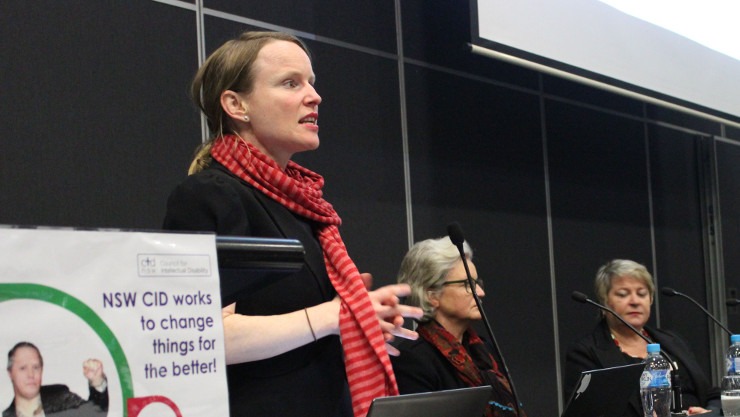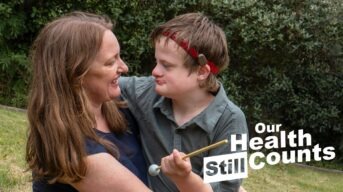
You don’t know what you’ve got till it’s gone…
Did you know the NSW Government has no plans to fund state based advocacy services beyond the middle of 2018?
This includes services like IDRS, Disability Advocacy NSW and CID.
An article published in the Sydney Morning Herald yesterday, has highlighted the risks people with intellectual disability will be faced with once advocacy services are no longer available.
Yes, we too are hopeful the NDIS will bring much needed change and better lives for people. But there is so much more to life than the NDIS!
Perhaps it’s not clear to the NSW Government or others just what it is that us advocates do or how broadly spread our work can be.
With our small advocacy team here at CID, there are so many issues that we work on, including housing, health, transport, schools, employment, justice, inclusion, abuse, bullying, ageing and guardianship to name but a few.
Our current health campaign is an example of how systemic advocacy works – drawing people’s attention to an issue, making sure people’s stories are told, giving policy advice, supporting research, educating people and ultimately holding the government to account.
Over the years CID has had many successes in our work and we are especially proud of our achievements, such as:
– A fundamental enhancement in the availability of disability support in NSW for offenders with intellectual disability, including the 400 client Community Justice Program. These initiatives followed our advocacy work on The Framework Report produced jointly by us and IDRS.
– Items in Medicare for annual health assessments of people with intellectual disability, following our advocacy with the Australian Association of Developmental Disability Medicine.
– NSW Health Service Framework to Improve the Health Care of People with Intellectual Disability , which we developed with NSW Health, Ageing, Disability and Home Care. Subsequently, three new pilot intellectual disability health teams have been funded.
– National Roundtable on the Mental Health of People with Intellectual Disability and actions in service systems that followed it.
Our work spans many years, it is complex and challenging
It involves working with many different people, across all levels of government, multiple departments, agencies and organisations, the media, researchers and the community – often with conflicting view points and priorities.
While this means that change is often incremental and hard fought, we along with the
many partner organisations we work alongside, know that advocacy works. Change is possible and improved lives for people with intellectual disability is achievable!
Advocacy is a safeguard
Or as one of our Members likes to call it, a “watch dog’’: “Someone who is there looking out for us, making sure things work the way they should”.
CID believes that people with intellectual disability in NSW have a right to this watch dog.



 1800 424 065
1800 424 065 













